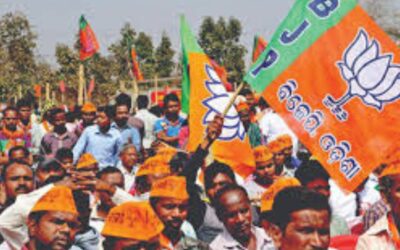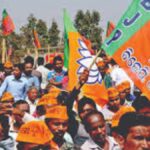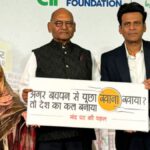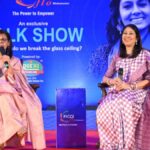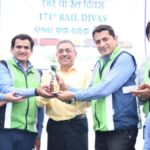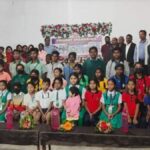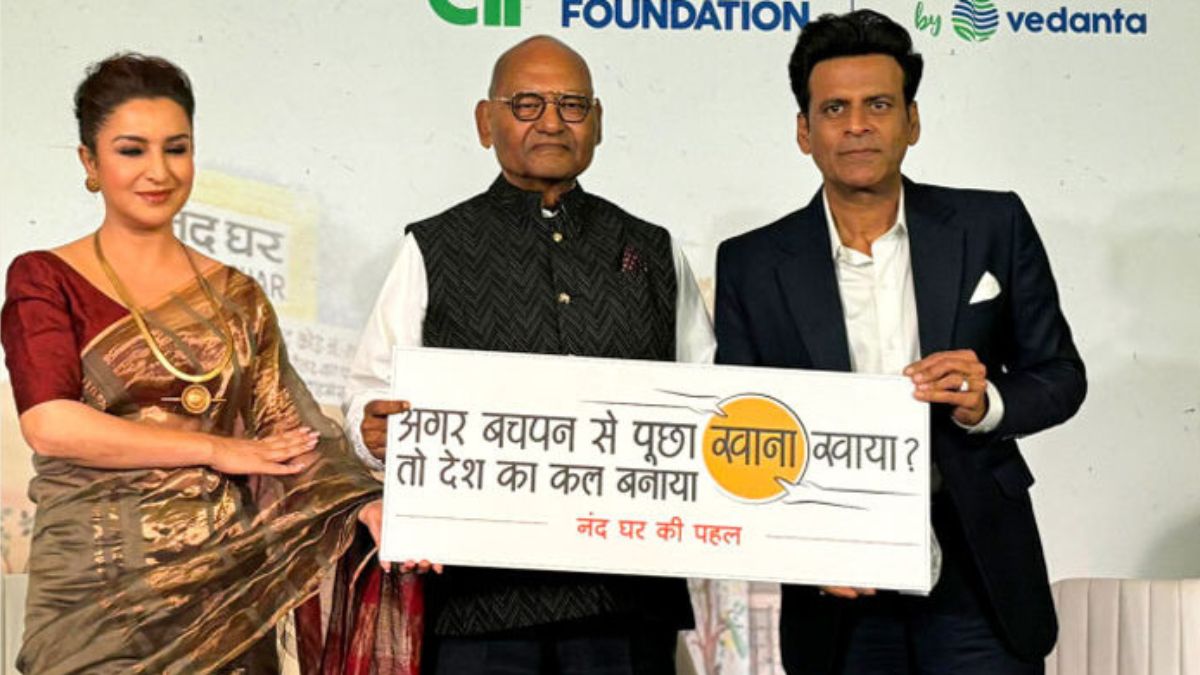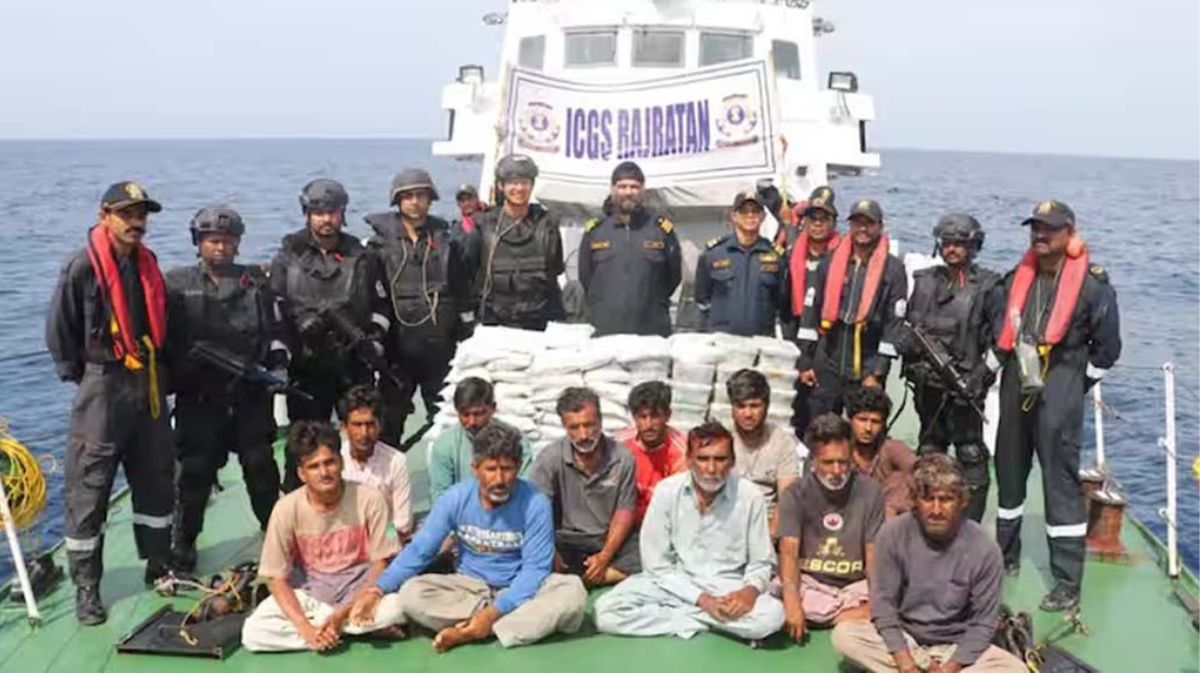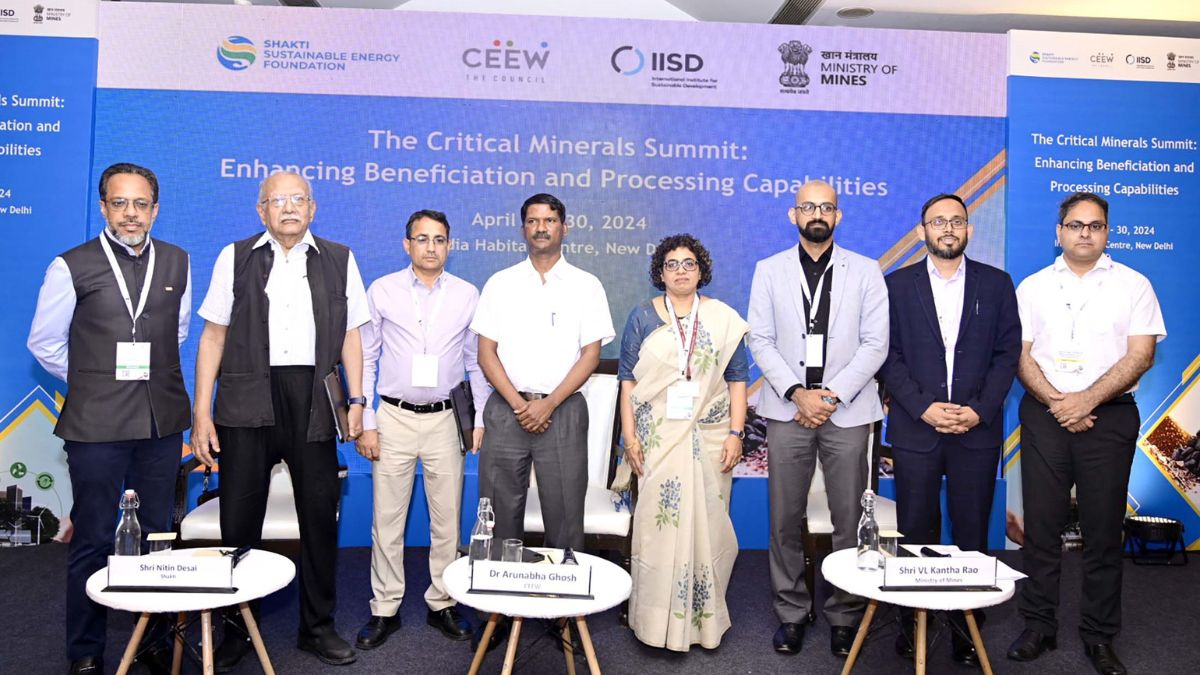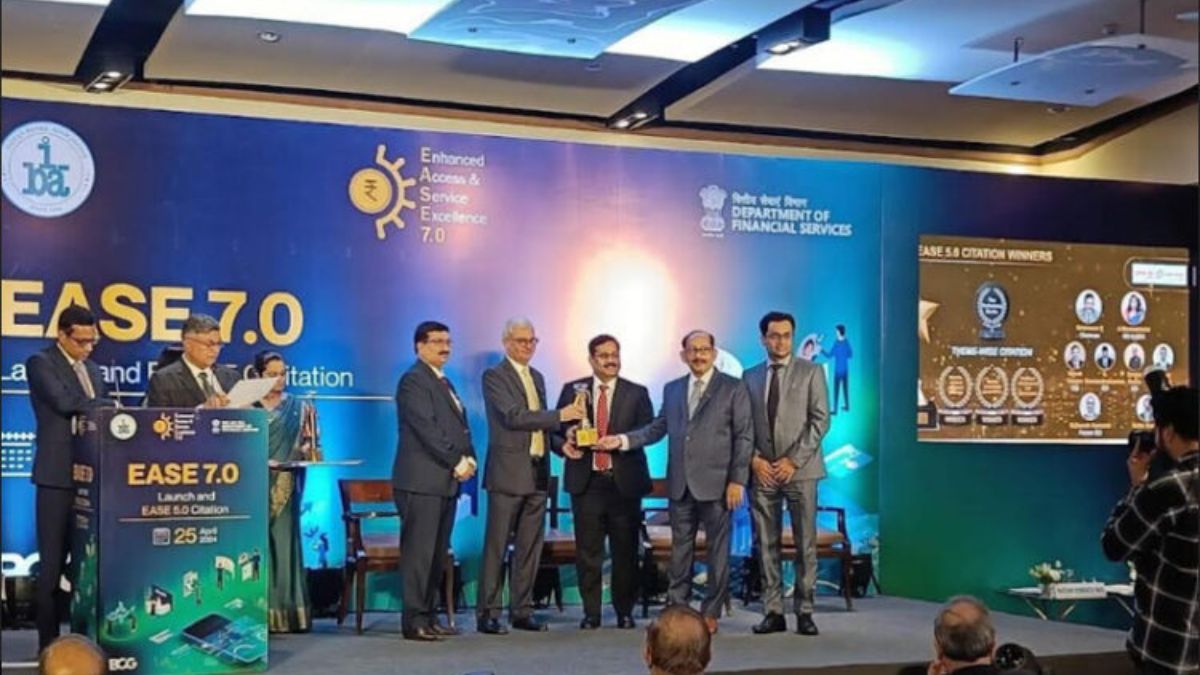International Women’s Day: Young Women Take Charge As Lifesavers : Asmita’s Inspiring Story
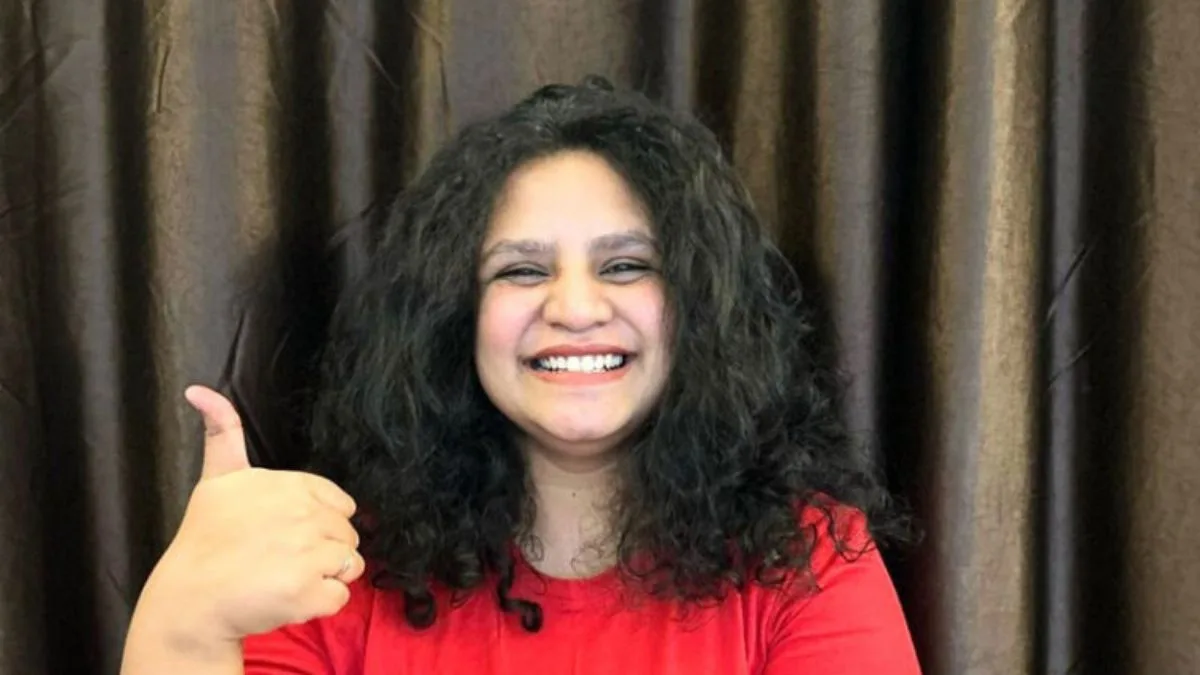
New Delhi : In an effort to raise awareness about blood stem cell donation, DKMS BMST Foundation India, a non-profit dedicated to combating blood cancer, honors young women who have recently donated stem cells. By acknowledging female blood stem cell donors, the DKMS BMST Foundation aims to increase the involvement of young individuals in the stem cell registry, thereby enhancing the likelihood of finding a match and ultimately saving lives.
Asmita, a 26-year-old senior analyst from Delhi, serves as an inspiring example of a woman dedicated to making a positive impact through stem cell donation. In August 2021, Asmita registered as a potential blood stem cell donor in India. “I signed up with DKMS-BMST and provided my swab sample for HLA testing to be included in their list of potential donors. Remarkably, within 4-5 months of registration, I received a call informing me that I was a match for a patient in need of a stem cell transplant. It dawned on me that such a simple act could potentially save someone’s life,” says Asmita.
“The notion of being a life-saving match for a patient was as compelling as the process itself. However, the journey ahead was not devoid of challenges,” she adds. Asmita had concerns and felt some anxiety due to her anemia, but the DKMS-BMST team addressed all her apprehensions. They conducted various tests to ensure her suitability for donation, keeping her well-informed at every stage and explaining the process thoroughly.
“To everyone reading my story, I have a straightforward message – Never underestimate the impact of your efforts and time in effecting significant changes in someone else’s life. It’s easy to bemoan the lack of empathy and action towards helping others, but it’s crucial to take action. We are all presented with remarkable opportunities, and the challenging part is saying yes,” she says.
Indians are underrepresented in the global donor pool, and increasing female participation can inspire others to follow suit. Their actions aid in establishing a more diverse and inclusive registry, thereby enhancing the chances of finding a match for anyone in need. “We hope Asmita’s story inspires more women to take this simple yet potentially life-changing step,” says Patrick Paul, CEO of DKMS-BMST. “Together, we can build a robust and diverse stem cell registry that offers hope to patients in need.”
Every 5 minutes, someone in India is diagnosed with blood cancer or a blood disorder like Thalassemia or Aplastic Anemia. Many of these patients are children and young individuals whose only hope for recovery lies in a stem cell transplant. For a successful transplant, the patient must find an HLA (Human Leukocyte Antigen) matched donor. However, due to the scarcity of matching blood stem cell donors, most patients are unable to undergo the transplant they desperately need. This underscores the need for more individuals of Indian ethnicity to register themselves.
DKMS-BMST urges all eligible individuals to consider registering as stem cell donors. The process is simple and takes just five minutes of your time. To register as a potential stem cell donor, you must be a healthy Indian adult between 18 and 55 years old. When you’re ready to register, simply complete a consent form and swab the inside of your cheeks to collect tissue cells. Your tissue sample is then sent to the lab for analysis and listed anonymously on the international search platform for matching stem cell donors. If you’re eligible, take the first step to register as a blood stem cell donor by ordering your home swab kit at www.dkms-bmst.org/register.
To date, DKMS-BMST India has registered over 100,000 stem cell donors in the country, with 35,000 being women. DKMS-BMST has facilitated 110 stem cell transplants, with 14 donations made by matched female donors, significantly impacting the fight against blood cancer. The organization aims to register more donors in India to provide as many patients as possible with a second chance at life.

